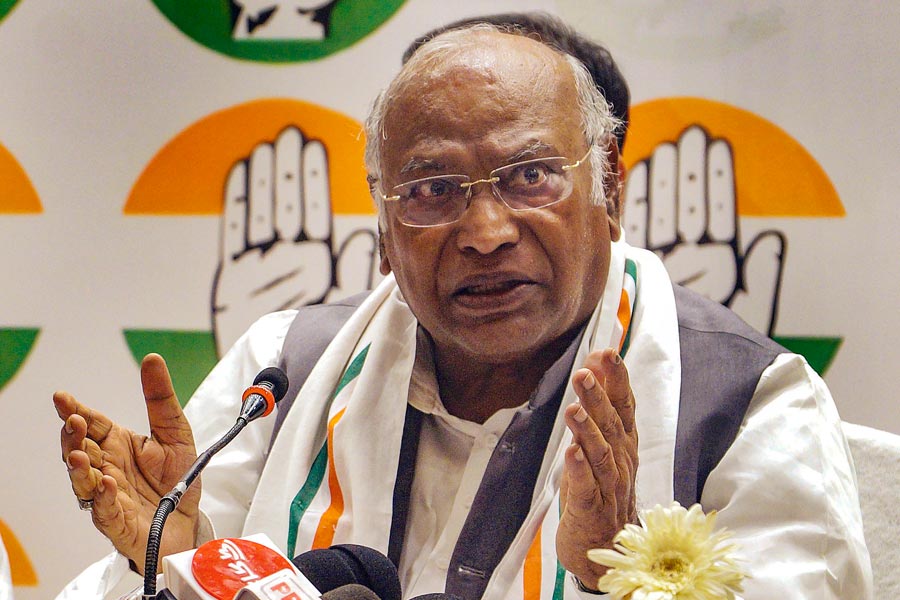The Congress on Friday indicated that it would be compelled to “seek legal recourse to expunge” remarks made by the Election Commission that “demonise the party” for raising issues regarding the integrity of the electoral process.
The Congress’s latest allegation has been related to counting in some Assembly segments during the recent Haryana elections. In response to the EC’s reply to the Congress petition vis-à-vis the Haryana results, the Congress took umbrage over the “recent tone of the commission’s communications to the INC”.
Stating that it is a “matter that we refuse to take lightly anymore”, the Congress in its letter to the EC said: “Every reply from the ECI now seems to be laced with ad-hominem attacks on either individual leaders or the party itself.
“The INC’s communications confine themselves to issues and are written with a regard for the high office of the CEC and his brother commissioners…. However, the ECI’s reply are written in a tone that is condescending. If the current ECI’s goal is to strip itself of the last vestiges of neutrality, then it is doing a remarkable job at creating that impression. Judges who write decisions do not attack or demonise the party raising the issues.
“However, if the ECI persists then we shall have no choice but to seek legal recourse to expunge such remarks (a remedy with which the ECI is familiar since it unsuccessfully sought to do the same with a high court’s unflattering but accurate observations after Covid).”
The Congress did not specify the remarks in the EC’s communications that had offended the party but the past few months of this crucial year in India’s electoral cycle have seen several rounds of war of words between the two.
In its October 29 communication to the Congress, the EC said: “It is needless to remind that such frivolous and unfounded doubts have the potential of creating turbulence when crucial steps like polling and counting are in live play, a time when both public and political parties’ anxiousness is peaking.”
While stating that it appreciated the “criticality of the considered views of political parties in sustaining and strengthening electoral democracy”, the commission advised the Congress to conduct itself responsibly “at sensitive electoral stages to avoid possibilities of precipitation of public unrest and chaos”.
According to the Congress, it was the tone and tenor of the commission’s response that had compelled the party to submit a counter-response to the “clean chit” the ECI had given to itself in the October 29 communication.
Referring to the EC commenting on what it called a recent trend of picking up any ordinary aspect of the EVM system for projecting it as a “new/fresh doubt” at the national level, the Congress said this was disingenuous as the vast majority of issues raised related to the short period from the announcement of the model code of conduct to the conclusion of the elections.
The Congress said that the reason why the party chose to flag issues as they arise was because if they are not redressed on the ground then they become redundant, leaving election petitions — a long-drawn process — as the only recourse.
Stating that many times the EC has found information provided by the Congress correct, the party added: “But we do not name and shame the ECI for those moments after the election is over.”
As for the EC’s response to the party’s complaints about the fluctuating batteries of the EVMs, the Congress said the commission “seeks to confuse rather than clarify” and the reply is “nothing more than a standard and generic set of bullets on how the machines function rather than a specific clarification on specific complaints”.










